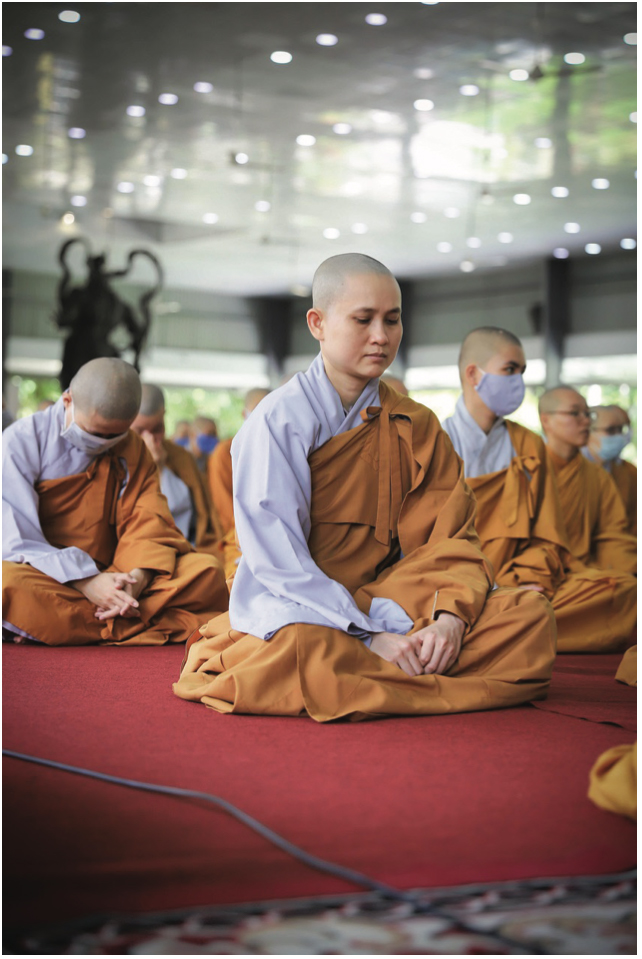
Respected female monastics, lay persons and academics have blazed a path of progress in recent decades for Buddhist women, but they say more needs to be accomplished so women can have equal opportunities, writes Luis Andres Henao in AP News (December 9). The article is part of a series published in December by Associated Press on women in religion and how they have found leadership roles in male-led faiths, including reports on Catholicism, Islam, Black Churches, Hinduism, Southern Baptism, Orthodox Judaism and Mormonism. The status of women varies across countries and traditions. Henao summarizes: “Women can be ordained as the equivalent of monks in China, South Korea, Taiwan and Vietnam, mostly dominated by the Mahayana school of Buddhism. Female ordination is not available in the Tibetan tradition nor in Cambodia, Laos or Myanmar.” In Thailand, women were banned from becoming monks and could only become white-cloaked nuns, but a number of them have travelled to Sri Lanka, where the ordination of women was restored in the late 20th century, although adequate education and places to meditate are not yet always available.

According to the article, in Thailand there are now 280 fully ordained women with a wide range of educational backgrounds, but their monasteries are not legally recognized and they receive no state funding. One of those ordained women remarks that people on the street are no longer as surprised when they come across a woman wearing a saffron robe as they were before. The growth of Buddhism in the West and the influence of feminism in Asian societies have contributed to a change in perceptions, says Judith Simmer-Brown (emeritus professor of contemplative and religious studies at Colorado’s Naropa University). In Tibetan Buddhism, women can study for the highest degree in the Tibetan tradition, but not yet be fully ordained unless they travel to Mahayana monasteries, adds English-born Jetsunma Tenzin Palmo, who founded the Dongyu Gatsal Ling Nunnery for Tibetan Buddhist women in India. There is resistance to such change, but also efforts to challenge that resistance. Sravasti Abbey, based in Washington state, trains nuns and monks and practices Tibetan Buddhism in the tradition of the Dalai Lama, with its founder and abbess, Venerable Thubten Chodron, having received her full ordination in Taiwan.
(AP series on women in religion: https://apnews.com/hub/women-in-religion; website of Dongyu Gatsal Ling Nunnery: https://tenzinpalmo.com; website of Sravasti Abbey: https:// sravastiabbey.org)